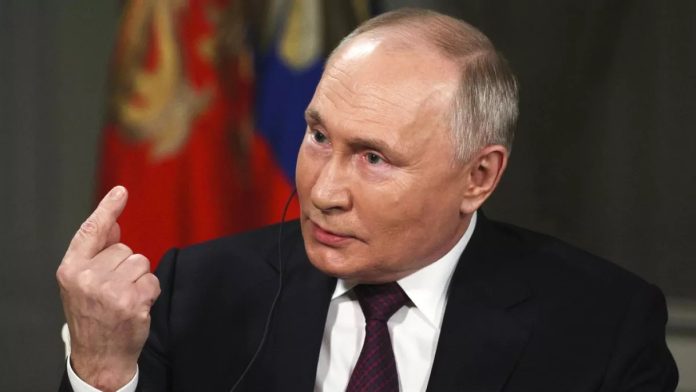The war in Ukraine may be approaching an important turning point, and one of the key events that can determine the further course of the conflict is a Ukrainian invasion in the Kursk region. The latter analysis of The New York Times examines whether this invasion is approaching the end of the war or vice versa - caused by Russia's aggressive actions.
The publication writes that on the eve of the operation, Zelensky gave numerous signals of readiness: he personally declared the possibility of completing the war this year, sent foreign minister to China and held a number of international meetings, "on which he hoped to enlist the support of Ukraine's positions and pave the way."
These initiatives were sharply different from the previous two years, when Zelensky abandoned any hint of Russia's concessions.
But the attack on the Kursk region "broke into the fluff and the ashes predictions that two countries can move to the ceasefire."
Now "Kiev makes a risky bet on the fact that the invasion will give it new levers to conclude a favorable agreement with the Kremlin." But two former Russian officials stated that the prospects for ceasefire negotiations have become more distant. One of them said that Putin is now aimed at "not for peace, but for revenge."
Ukrainian officials said NYT that Zelensky's public statements mentioned above - combined with the secret planning of the offensive in the Kursk region - "were two components of the same strategy."
But "it is far from obvious that the combination of military and diplomatic pressure will work with Putin, who has still encountered political and economic obstacles at home and showed that he is ready to bear great expenses for the sake of victory over Ukraine," the article says.
Russian politician Grigory Yavlinsky, who met with Putin last year to advance the idea of ceasefire, said that there was hope that "the fighting would cease this year." But she, according to him, fell after the onset of the Armed Forces in the Kursk region.
"The events that just took place reduced all these chances, they generally removed them from the agenda," Yavlinsky said.


